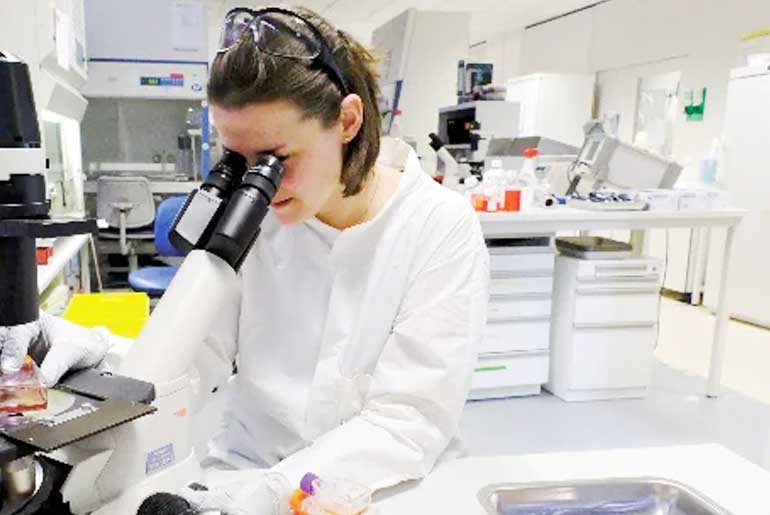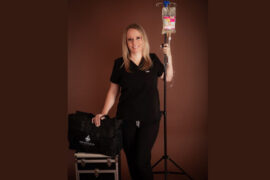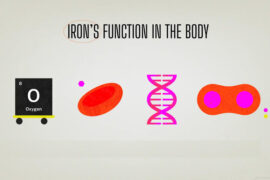A transformative medical diagnosis breakthrough is set to revolutionize pathology results, providing patients with faster and more accurate outcomes. Over the course of a decade-long research project, the University of Queensland and Sullivan Nicolaides Pathology (SNP) collaborated to automate a microscope scanning and analysis system in Brisbane. The system has undergone extensive testing, implementation, and accreditation, making it ready for global deployment.
UQ Professor of AI, Brian Lovell, emphasized the system’s remarkable enhancements in terms of cost, quality, and speed of medical tests. With the automation of this innovative technology, medical practitioners can expect more efficient and precise pathology results, leading to improved patient care and outcomes.
Professor Lovell stated, “This digital pathology technology processes thousands of tests a day and has been accredited by the National Association of Testing Authorities (NATA).”
“At times the system can increase the productivity of pathologists and scientists by factors of 10 or more. The system also provides the ability to obtain second opinions via telepathology and dramatically improves record keeping and access of historical records, as the glass slides are no longer needed to be archived for years.”
SNP Chief Executive Officer Dr Michael Harrison said the technology is a game changer in many areas of healthcare.
“SNP laboratories in Brisbane are already using the system to improve the speed and accuracy of diagnoses,” Dr Harrison staterd.
“Our scientists now use a digitised image often with associated AI instead of being tied to a microscope for many hours.”
Professor Lovell stated there had previously been major problems with obtaining sharp, in-focus images with no human intervention.
“Digital pathology images are often thousands of times larger than typical digital photos,” he said.
This had meant microscopy for diagnosing from tissue, blood and other specimen types was unable to be automated until now.
“Our active scanner knows what it is scanning and where it should scan, using image analysis and artificial intelligence.”
“This greatly increases image quality and reduces file size.”
CEO of UQ commercialisation company UniQuest, Dr Dean Moss, stated, “The technology demonstrated the benefits of industry collaboration with innovative researchers. It’s exciting to see the advancement of a project that promises to have a transformative impact on better health outcomes.”
The groundbreaking research was made possible through the support of SNP, two Australian Research Council projects, and an Advance Queensland Fellowship from the Queensland Government. The technology’s potential and significance were recognized at the recent Queensland iAwards, where it secured the Business and Industry Solution category award, advancing to the national finals later in the year.
With the successful integration and accreditation of this automated system, the medical community is poised to benefit from accelerated and accurate pathology results, ushering in a new era of medical diagnosis that prioritizes efficiency, affordability, and patient well-being.
Disclaimer:
The information contained in this article is for educational and informational purposes only and is not intended as a health advice. We would ask you to consult a qualified professional or medical expert to gain additional knowledge before you choose to consume any product or perform any exercise.








